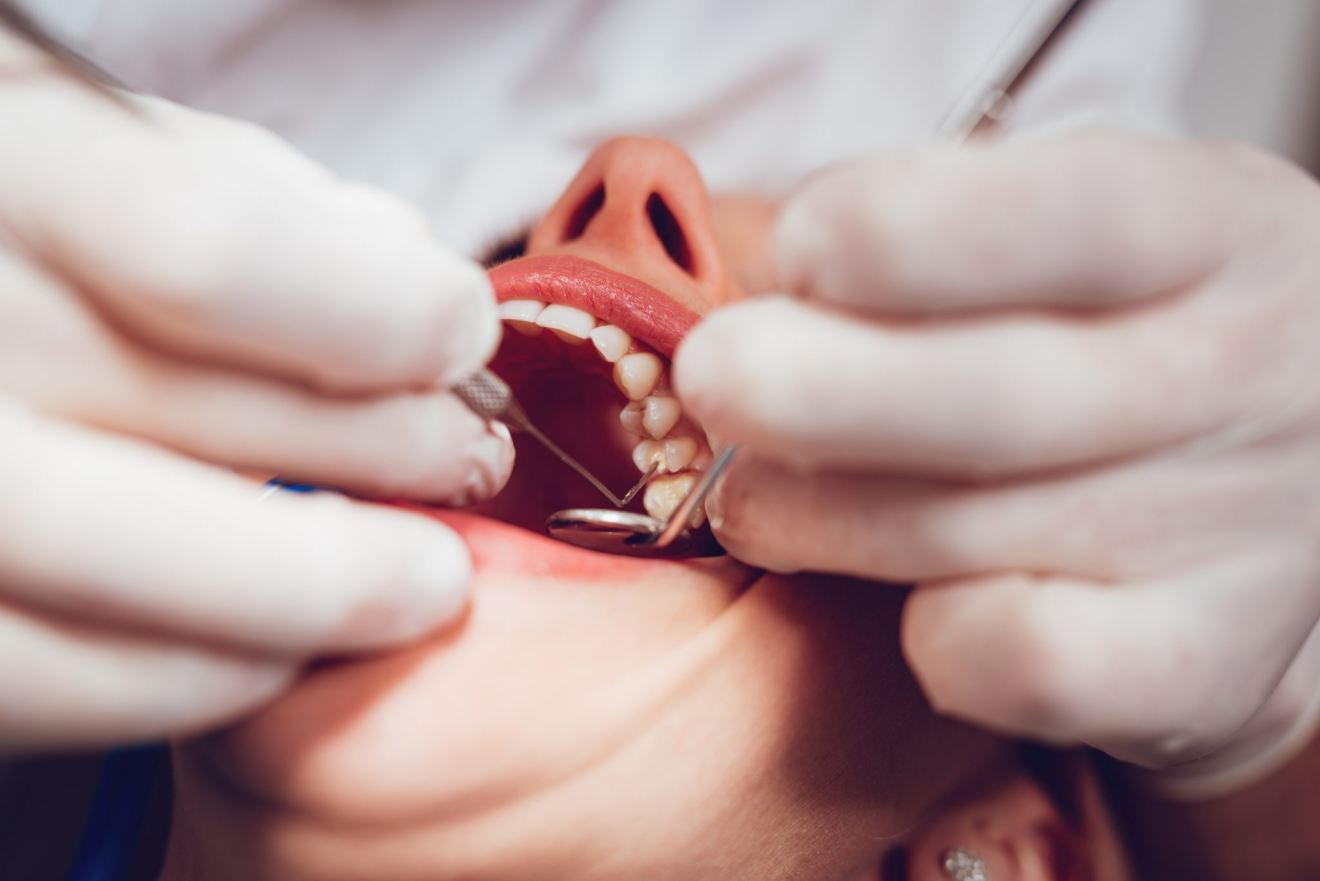In many cases, you can repair teeth damaged or damaged by decay through fillings, crowns, or other dental treatments. However, sometimes when the damage is too severe to be repaired. In such cases, DC Dentist might recommend a tooth extraction.
The following are some other reasons why tooth extraction may be needed:
- Tooth decay or infection has penetrated the tooth
- Trauma or injury
- Lack of space
- The permanent tooth grows before the falling of baby teeth
- Orthodontic treatment may require tooth extraction as a tooth Create space
- Wisdom teeth, also called third molars, are usually extracted before or after they erupt.
Preparation
Before the tooth is extracted, your dental dentist will thoroughly check your medical and dental history and take appropriate X-rays. X-rays show the length, shape, and position of the teeth and surrounding bones.
Before a simple tooth extraction procedure, the area around your teeth will be numb under local anesthesia. However, during a more complicated removal process called surgical resection, your oral surgeon may give you an intravenous (IV) anesthesia, which can range from conscious sedation to general anesthesia, which will put you to sleep.
Tooth extraction process
You may have two types of tooth extractions:
Simple tooth extraction is the extraction of the teeth that are visible in your mouth. Ordinary dentists usually perform simple tooth extractions. In a simple tooth extraction process, your dentist will numb the teeth and gum tissue and loosen the tooth, and then use dental forceps to extract it.
After tooth extraction
The most important thing after a tooth extraction is to keep the area clean and prevent infection. Immediately after the operation, your dentist may ask you to gently bite down on a piece of dry, sterile gauze and leave it in place for 30 to 45 minutes to limit bleeding and clotting.
The dentist will provide you with detailed follow-up care instructions, but you should not smoke, vigorously gargle, or clean your teeth near the extraction site within 24 hours of the extraction.
Under normal circumstances, the discomfort will subside within three days to two weeks. However, call your dentist or oral surgeon immediately if you experience prolonged or severe pain, swelling, bleeding, or fever.
